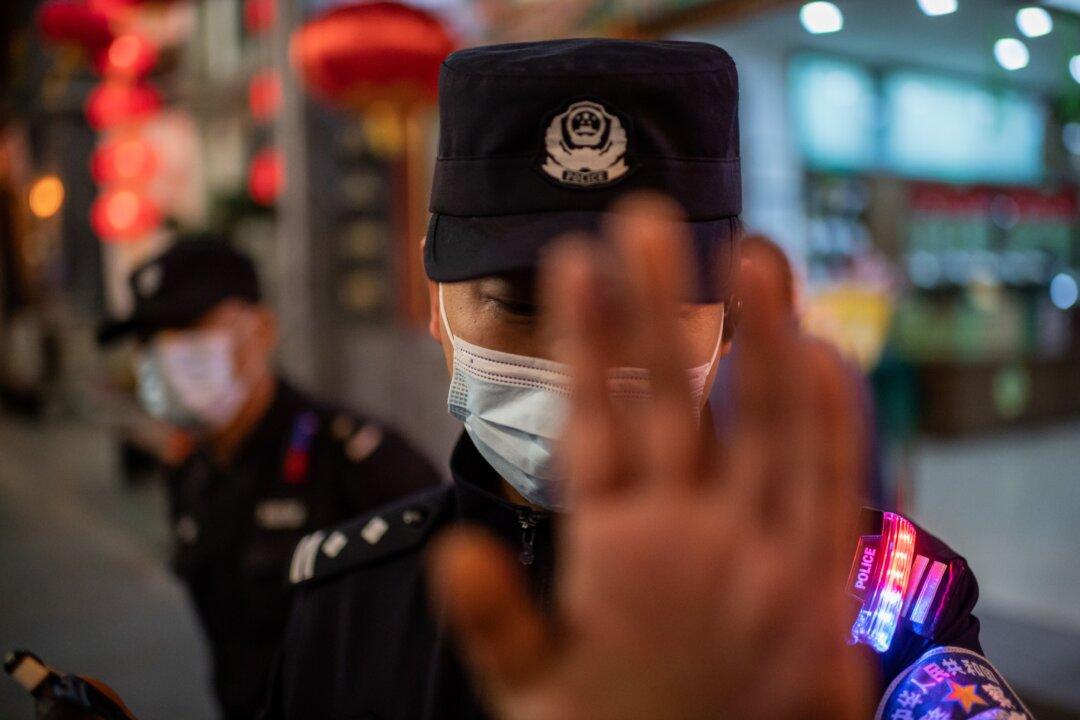As the world reels from the pandemic, the Chinese regime has become the leading force in suppressing internet freedom and censoring critical views that challenge the official narrative, according to a report by a U.S.-based think tank.
Freedom on the Net, an annual report by Freedom House that assesses digital surveillance in 65 countries, named Beijing as the worst abuser of digital freedom for the sixth consecutive year.





